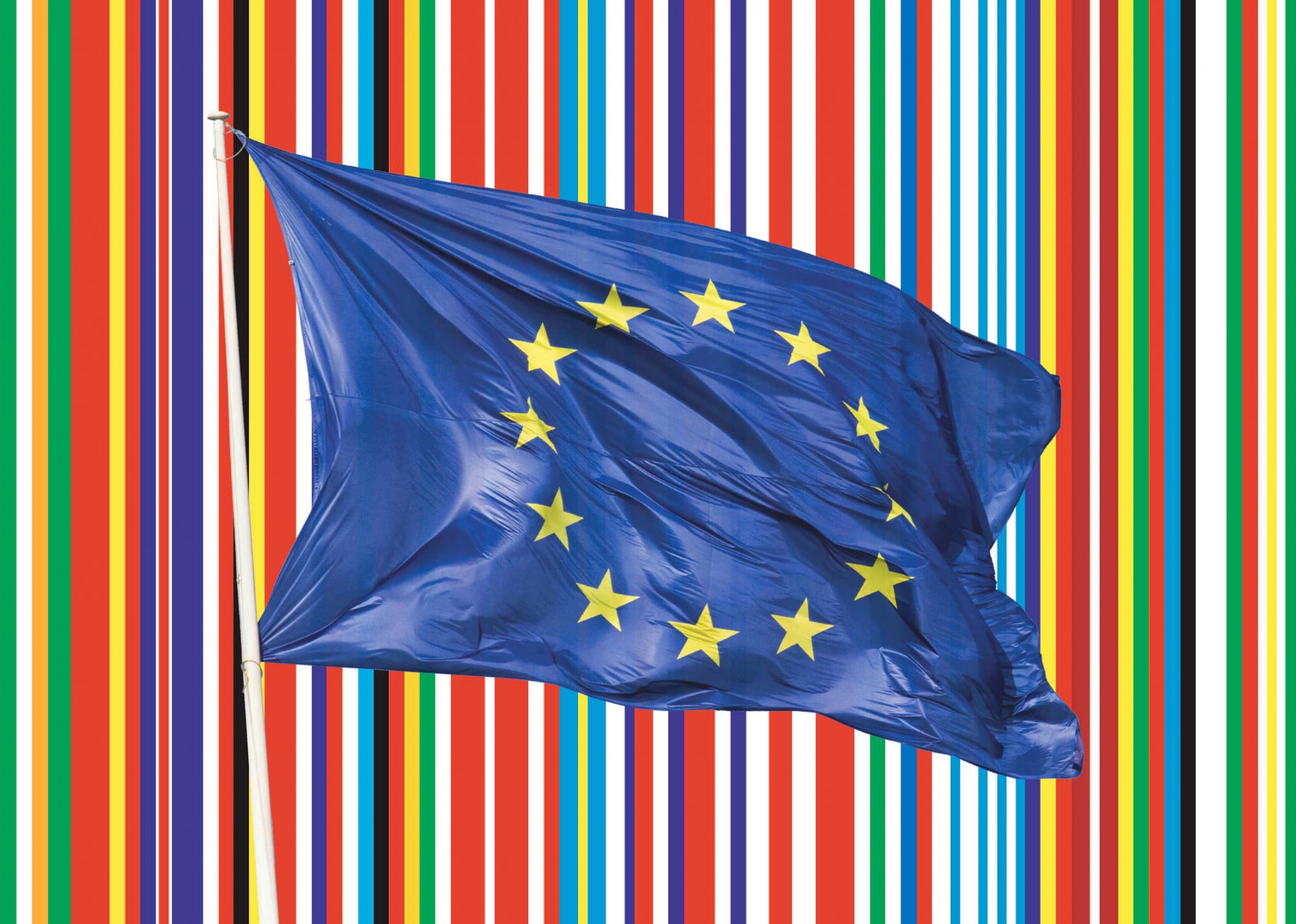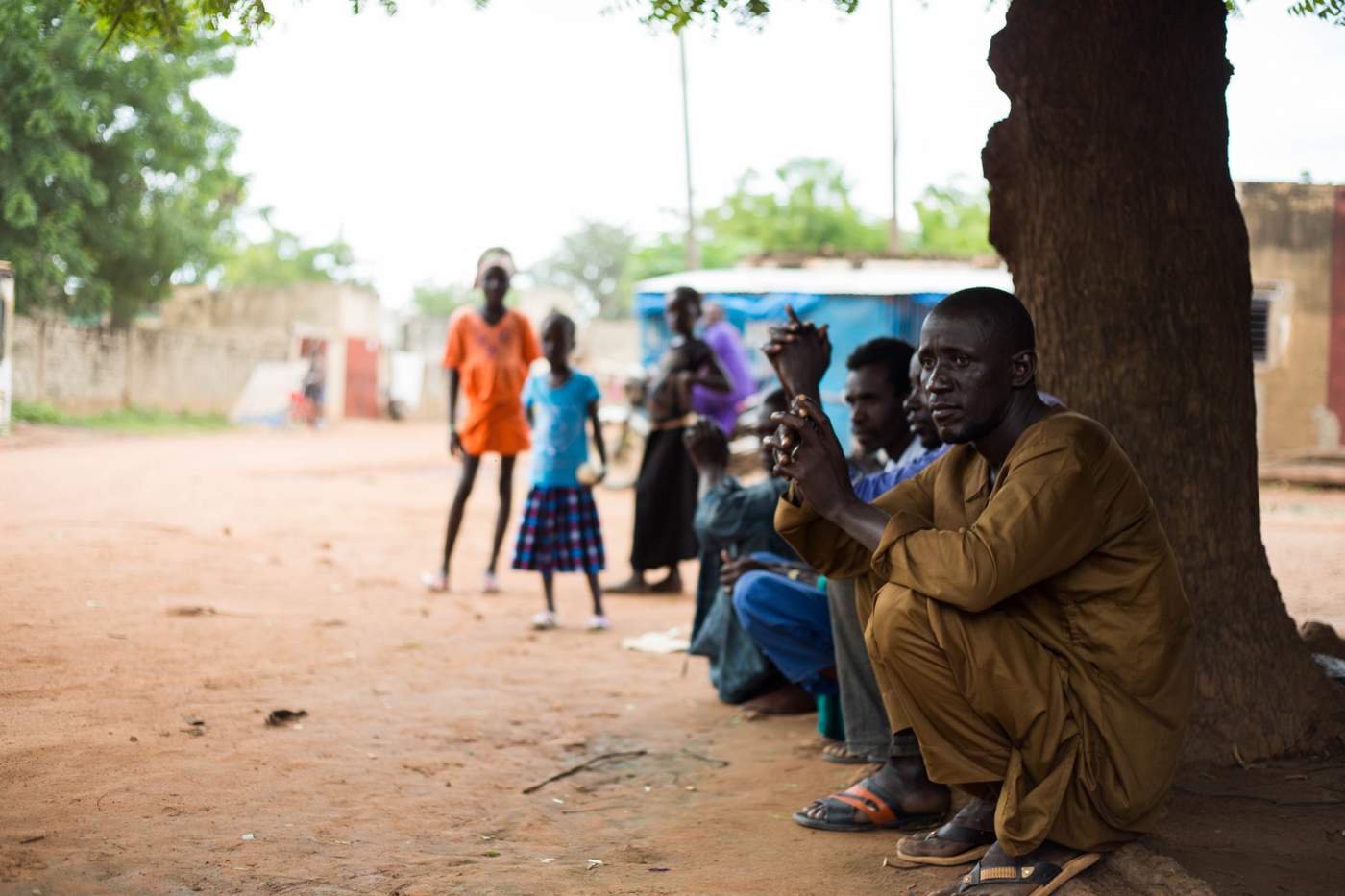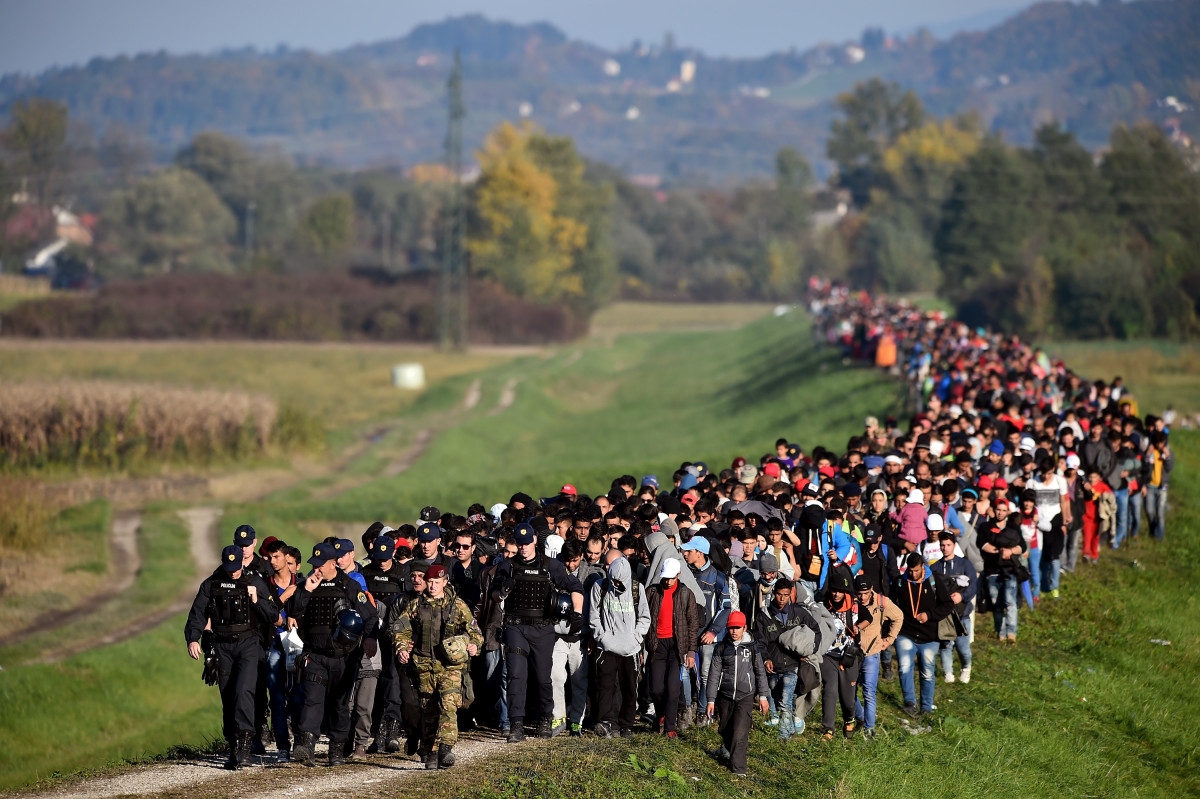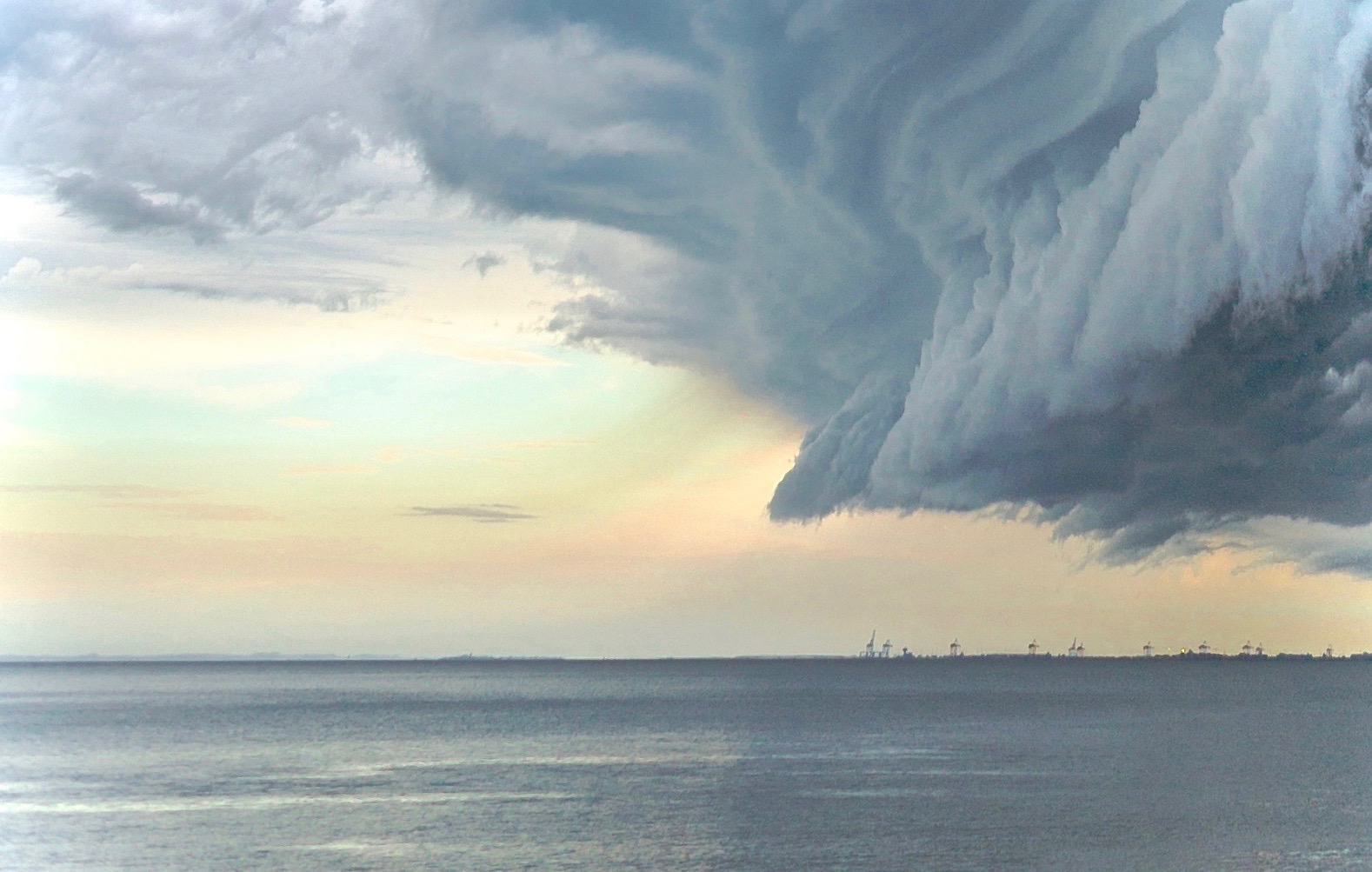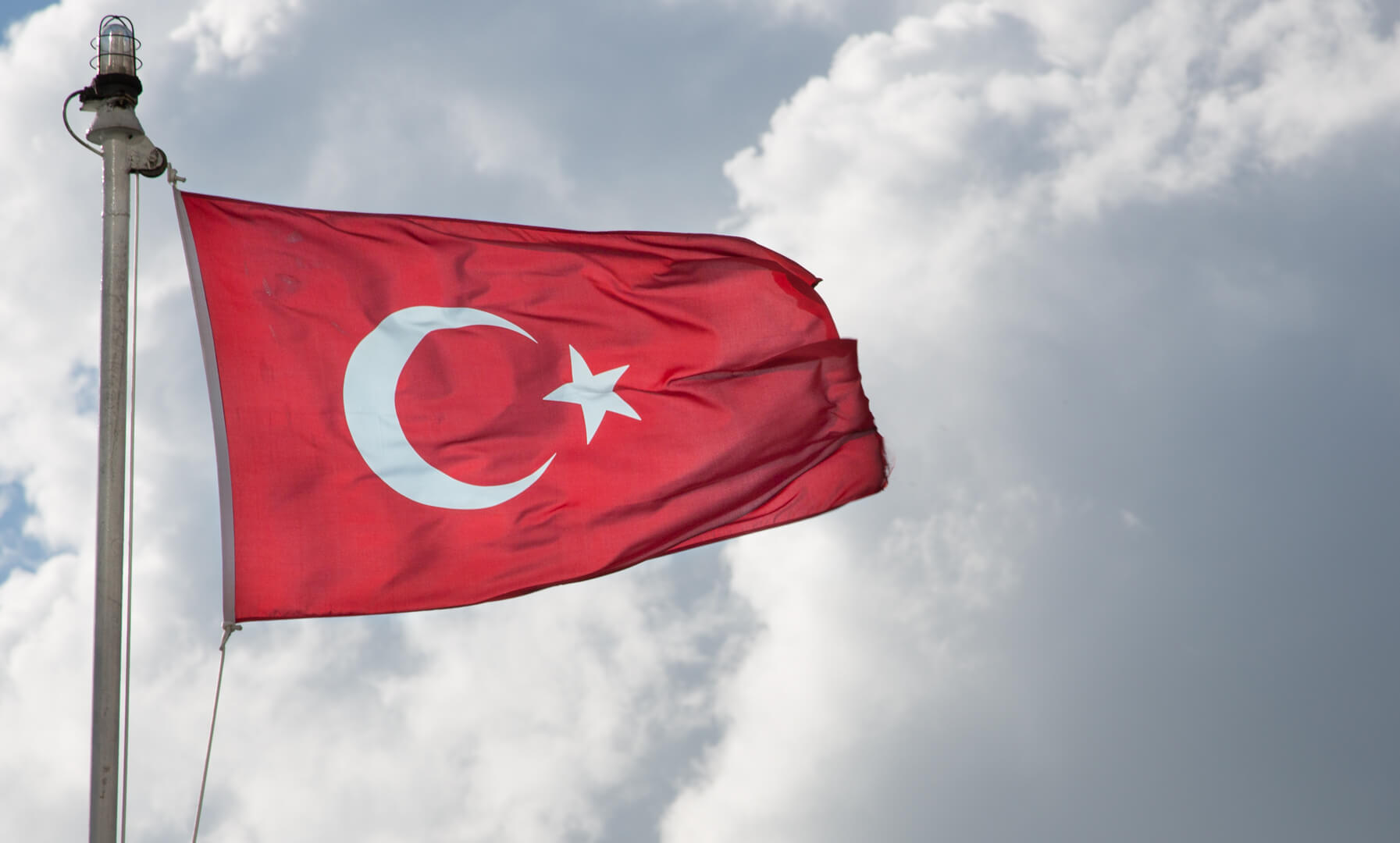Global Security Pulse: Conflict in Cyberspace
- Read more about Global Security Pulse: Conflict in Cyberspace
- Log in to post comments
Global Security Pulse: Conflict in Cyberspace
The Global Security Pulse (GSP) tracks emerging security trends and risks worldwide, allowing you to stay ahead in new security developments. This month we present novel developments and must-reads on international peace and security in cyberspace. Conflict between states are taking new forms, with cyber operations taking a leading role. In recent years, the risk of a major cyber exchange between nation states, has often been described as a major threat in national security incidents. While this dire outlook is partially connected to the overall level of geopolitical tension, there is a significant concern that the ability of governments to successfully manage the threat of major conflict is hampered as they only make up one of three actor groups in the overall cyberspace regime complex.
The GSP is a product made in collaboration with The Hague Centre for Strategic Studies (HCSS). It uses an advanced horizon-scanning methodology which involves a systematic scan of literature, conferences, twitter, and validated expert input. The GSP product is based on the Clingendael Radar and has been further developed by The Hague Centre for Strategic Studies and the Clingendael Institute. It is part of the Strategic Monitor Program which receives funding from the Dutch Ministries of Foreign Affairs and Defense.
Read more Global Security Pulses.
Authors
Louk Faesen, Bianca Torossian, Carlo Zensus (HCSS).
Contributors: Tim Sweijs, Hugo van Manen (HCSS), Danny Pronk (Clingendael)



